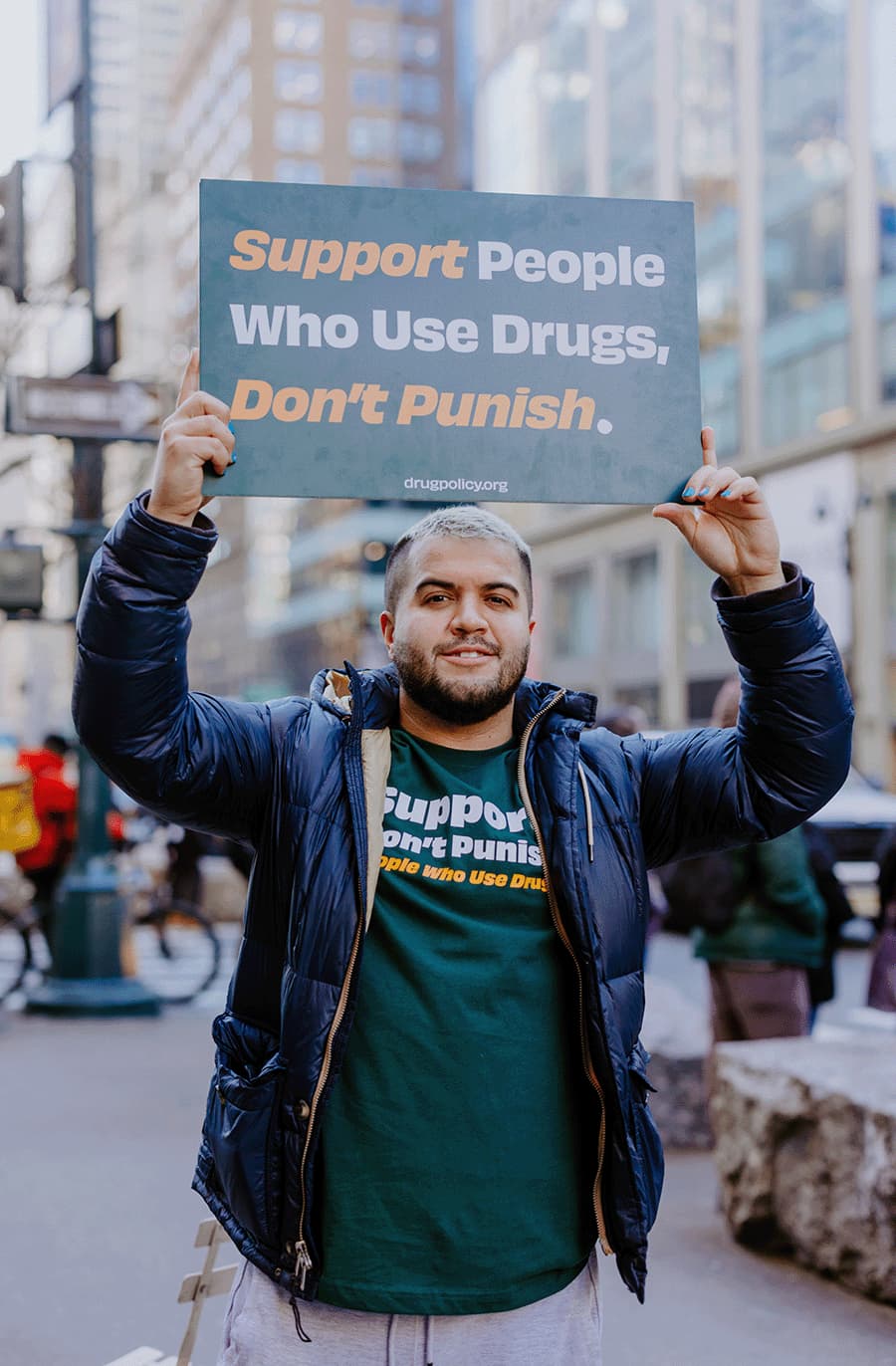
CONTACT:
Tony Newman, 646-335-5384
On Sunday, April 17th, just prior to the UN General Assembly’s Special Session on Drugs (UNGASS), scholars and activists will participate in what is likely the largest strategy-session that has been held in New York City on racial justice and drug policy.
Brought together by the Drug Policy Alliance and Columbia University’s Center for Justice and Center on African American Politics and Society, hundreds of the nation’s leading advocates will gather for this unprecedented collaboration around race, economic justice, drug sellers, drug users, stigma and what policies we need to embrace if we are serious about ending both America’s racial caste system and the drug war.
Last month, an article in Harper’s confirmed what many have suspected all along: that the drug war was designed with the intent of destroying black communities. It quotes John Ehrlichman, Watergate co-conspirator, as saying: “We could arrest their leaders, raid their homes, break up their meetings, and vilify them night after night on the evening news. Did we know we were lying about the drugs? Of course we did.”
This war on drugs has since led to unprecedented rates of racial discrimination in drug-related arrests, prosecutions, and incarceration rates. “The drug war has never been about ensuring public safety and health. It was invented—as we now all know—to criminalize Black people at a moment in our history when the world was demanding civil and human rights for African Americans,” said event organizer asha bandele from Drug Policy Alliance. “Now, with literally hundreds of thousands of lives lost or irreparably harmed, we have an opportunity, with the world watching, to push forward policies that honor life and human dignity, and the voices of racial justice advocates must be at the center of that conversation.”
WHAT: “Drug Policy Reform is Racial Justice Reform” — A One Day Strategy Session in Advance of UN General Assembly Special Session on Drugs
WHEN: Sunday, April 17, 10am – 6pm (detailed agenda available here)
WHERE: Columbia University, Columbia University, School of International and Public Affairs, 420 W. 118th Street, Room 417, New York, NY 10027
WHO:
HOW: This event is free and open to the public. Seating is limited. Members of the public who wish to attend must register here. Press can attend if they RSVP via email at [email protected]

Your $1 becomes $2 to power the urgent fight to end marijuana prohibition and repair the harms of the drug war. Don’t miss your chance to fight for justice!
